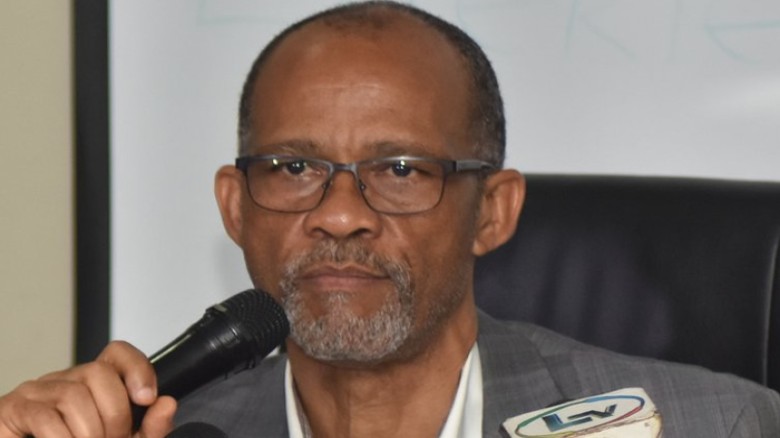NESG urges FG to maintain 2.2mbpd oil output for 2025 budget
The Nigeria Economic Summit Group has recommended that the Federal Government maintain crude oil production at 2.2 million barrels per day in order to ensure the 2025 budget's viability and economic stability.Dr. Tayo Aduloju, Chief Executive Officer of the NESG, emphasised this during a media briefing in Abuja on the organization's 2025 strategic vision and private sector macroeconomic outlook.
He emphasised that maintaining this production level is critical for revenue generation, currency stability, and economic growth.
Aduloju stated that Nigeria's oil production has fluctuated between 1.1 million bpd, 2.2 million bpd, and a peak of 2.8 million bpd in recent years.
He did, however, maintain that sustaining 2.2 million bpd is an achievable goal, given the current administration's efforts to increase output.
"Achieving 2.2 million bpd crude production, regardless of crude oil price, is required for the budget to be realistic. Since taking office, the government has shown that crude production has increased from 1.1 million bpd to 2.2 million bpd, and even 2.8 million bpd," he said.
The NESG's most recent report, "The Arc of the Possible," outlines actionable strategies for Nigeria's economic transformation, including specific short-to-medium-term targets in key sectors.
However, he emphasised that political stability and security are critical for maintaining production levels, citing recent tensions in Rivers State, a key oil-producing region, as a potential threat.
The NESG report, titled "Stabilisation in Transition: Rethinking Reform Strategies for 2025 and Beyond," predicts that effective reforms could boost Nigeria's GDP growth to 5.5% in 2025, with inflation falling to 24.7%.
Improved power supply and fuel availability will reduce operational costs for businesses, especially Nano, Micro, Small, and Medium Enterprises.
Enhanced forex liquidity will benefit manufacturers that rely on imported raw materials.
Agricultural reforms will address financing, storage, and logistics issues.
Improved security in farming regions will boost food production and help to control inflation.
Aduloju emphasised the importance of strong policy coordination between fiscal and monetary authorities in meeting these objectives.
























Leave A Comment